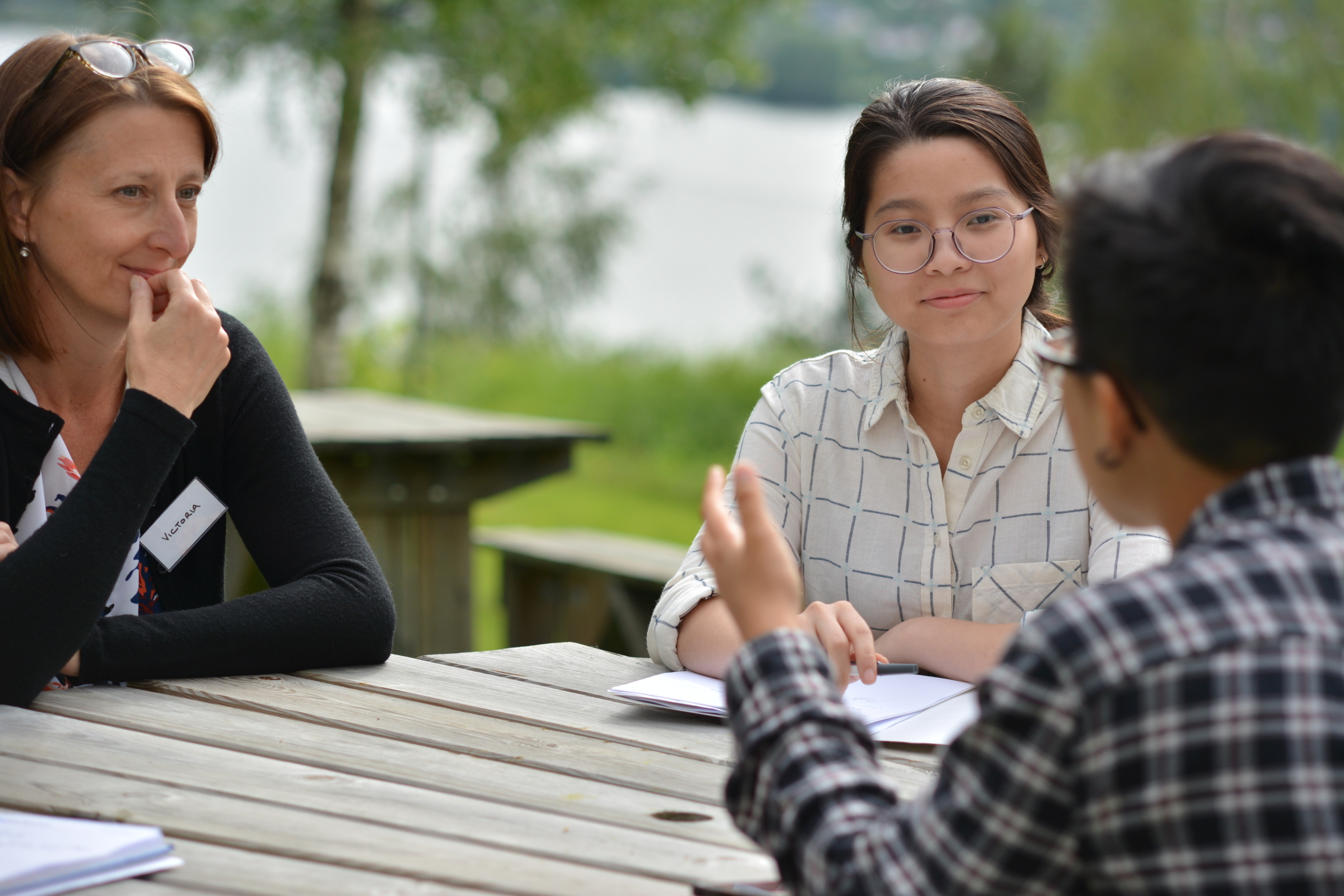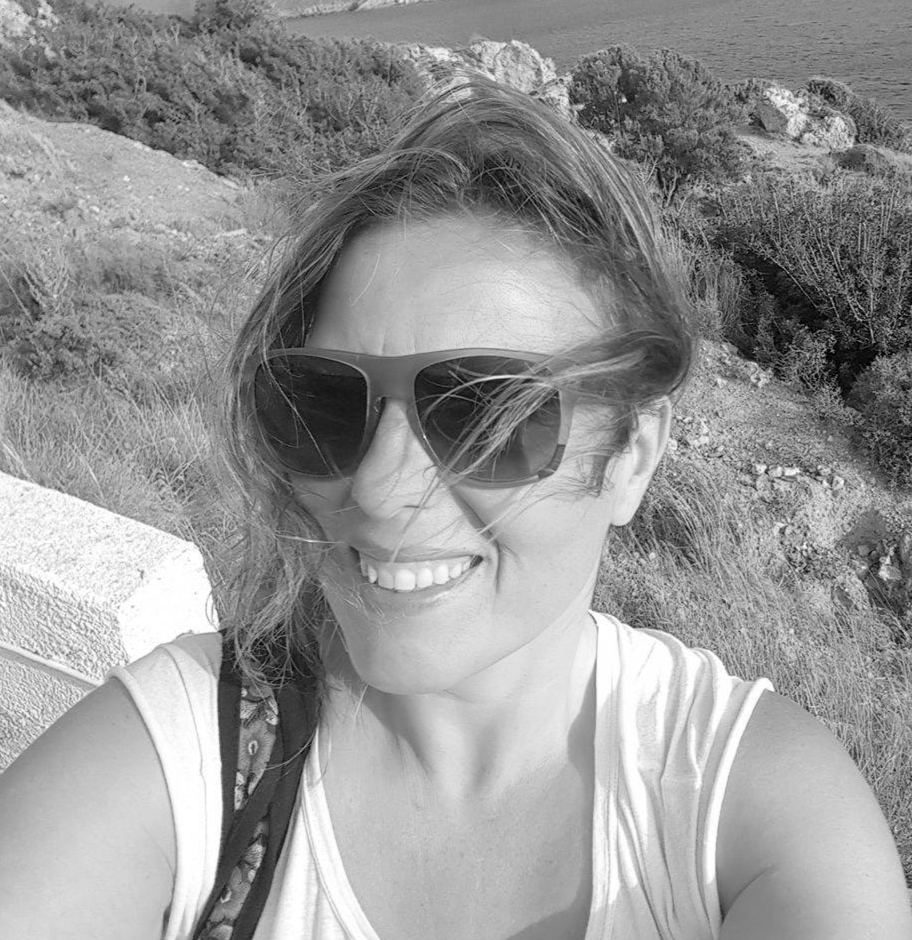Dialogue in Conflict
This course is for all who want to explore how dialogue can be used to transform conflicts into new opportunities. The training course is open and relevant for anyone, regardless of their background.

Dialogue is a unique form of communication. Instead of convincing and «winning» over others with facts and arguments, we go in depth, challenging how we understand ourselves and our relationships with others. Using dialogue, we create a safe space to express thoughts, feelings, experiences, and our philosophy of life –in this space, new relationships develop, and broken relationships can be resumed.
Read more about our dialogue approach.
Course Content
«Dialogue in Conflict» is an introductory course, addressing various topics that can contribute to transforming conflicts, including tools for communication and conflict analysis. This is a five-day process-oriented course with a series of exercises where the participants actively use their own life experiences.
MAIN COMPONENTS
Identity
Through exercises, you will learn more about yourself and how to build trust in a group. The focus is on the importance of one’s own identity in a communication relationship. This is also an introduction to understanding the dialogue approach.
Introduction to Dialogue
We introduce the Nansen Center for Peace and Dialogue’s approach to dialogue and conflict transformation. Together, we explore the concept of dialogue through exercises where the participants are challenged to reflect on various elements of a dialogue process.
Active Listening and the Art of Asking Good Questions
We are introduced to two basic components of a dialogue: Active listening and dialogical questions. Through exercises, the participants will experience these tools in practice. Participants will also share reflections on how the characteristics needed for active listening and asking good questions can be developed.
Conflict Analysis Tools
Conflict analysis is important in a transformative dialogue process. Based on personal examples, the participants will apply three steps in analyzing a conflict:
- Mapping of the actors, their relationships and how they affect each other. This analysis also includes internal and external factors that can affect a conflict situation.
- Analyzing the root of the conflict and identifying the main challenges.
- The actor’s positions, interests and needs.
Dialogue as a Tool for Transforming Conflict
We introduce and reflect on the role of dialogue in a transformative process based on theoretical perspectives.
The Role of the Facilitator
Brief introduction to the role of the facilitator. Some participants will also have the opportunity to facilitate a dialogue through role play.
Introduction to Public Dialogue
Participants become better acquainted with The Nansen Center for Peace and Dialogue’s public dialogue concept.
Practical Information
DURATION: Monday to Friday (arrival Sunday)
LOCATION: Local hotel in Lillehammer or at the Nansen Academy
COURSE FEE: EUR 1090
MAXIMUM NUMBER OF PARTICIPANTS: 25

NEXT TRAINING: June 17-21st 2024
Applications for the next training are now open. We hope to welcome you to Lillehammer in June.


